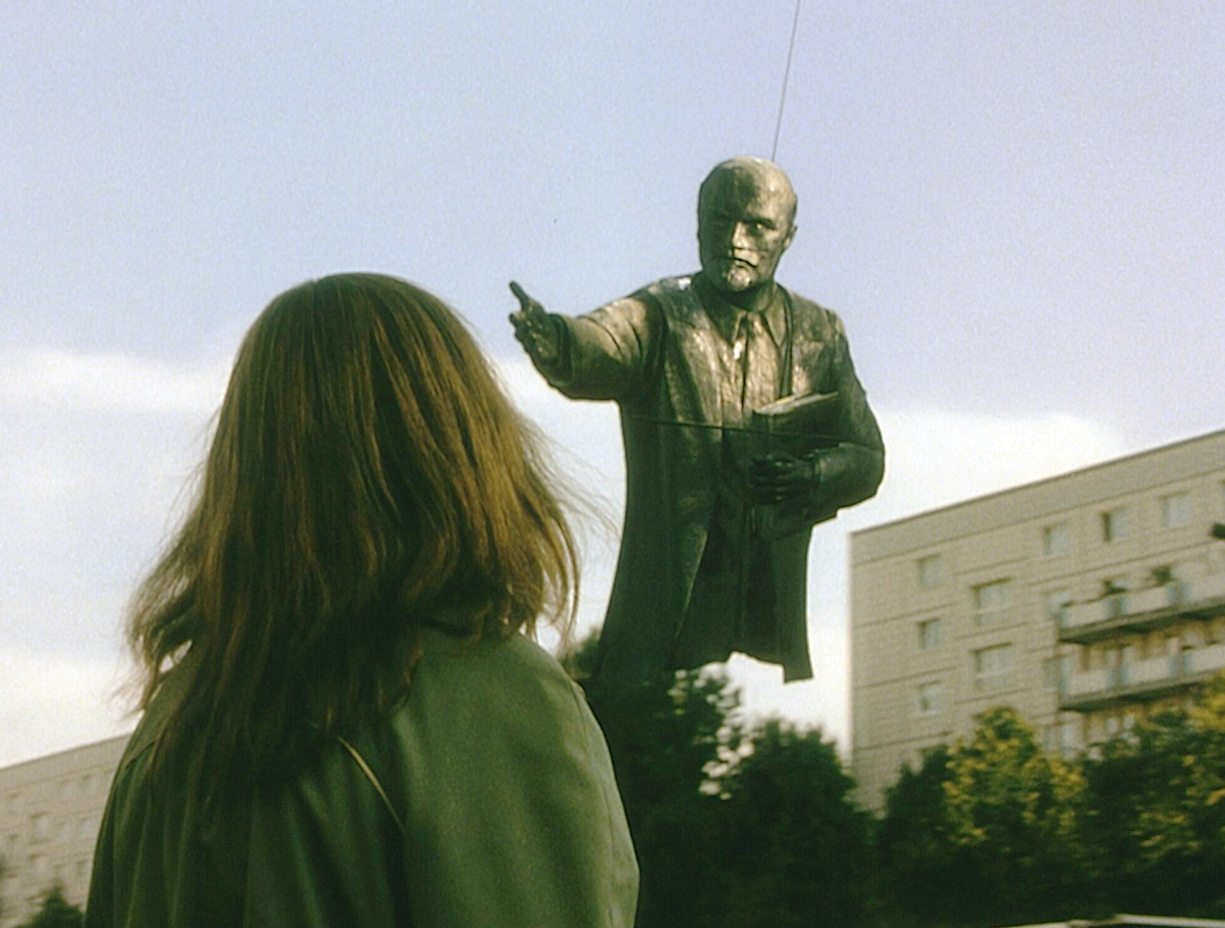During the past century we have witnessed the two most destructive wars of all times, the latter of which resulted in the division of the world in two parts. From one side - the potent Western world represented by America with its capitalism, and from another side - idealistic Soviet Union, the Eastern countries and socialism. The decades of frictions between the two major powers of the world led to the collapse of the Soviet Union. There is no more Yugoslavia, Czechoslovakia, People’s Republic of Bulgaria and no German Democratic Republic.
I was born right about the time when the Soviet Union entered in decline and the collapse was inevitable. There is not much that I remember of my Soviet childhood, if not the long waiting lines at the supermarkets, milk in glass bottles or my family’s vacation in Georgia. My family’s memories are quite different from what I could have grasped at the age of 4.
The year of 1989 – glorious for the Western culture and tragic for the Eastern culture. While liberated Germany was enjoying its freedom and America was finally enjoying its glorious victory in the Cold War, the Soviet Union was at the beginning of its end. In the course of the following years and during the famous “perestroika”, Russia found itself in a deep political and socio-economic crisis.
The utopic dream Karl Marx once wrote about and Vladimir Lenin tried to put in practice revealed itself a complete failure in the eyes of the whole world. Countries were ruined, boundaries shift, families divided by “the iron curtain”. The beautiful dream that so many people believed in, had become a living nightmare.
There have been films addressing the problems of that period the history, but very few managed to transmit the “feeling” and the atmosphere of that difficult moment. “Good bye, Lenin!” – is an undoubtful masterpiece of German cinema. The director Wolfgang Becker approaches the viewer in a very honest and humorous manner. Even the film title “Good bye, Lenin!” being so short still contains the sense of irony and absurdity. The title somehow holds the unbearable pain, so all that humour that was supposed to be in those words is substituted by irony. In my opinion that feeling of despair, wounds that are still open and bleeding, storms of uncontrolled anger toward the destiny and the absurdity of life – all that results in irony veiled by humour and touching melancholy.
The story is very original and captivating. A story of a young man and his incredible capacity to love.
Certain scenes in the film are so emotionally deep that they touch everyone’s heart, especially those of us who have been through those difficult times and still hold them in memory. There are some really powerful scenes, such as when Christiane goes out in the street and sees the huge Lenin statue fly towards her and then fly away carried by a helicopter, as if her whole past, her whole life is flying away from her to never return.
But what most touches your heart is love. It is the most tender and pure kind of love, the love of a son (Alex) to his mother (Christiane).
Christiane outlives two big dramas in her life. The first one is the loss of a husband who flees to the Western Germany and prefers to stay there. Christiane survives the first drama dedicating herself completely to the social activities in the former GDR. Not having any personal life, she “marries” the socialism. However even that (probably the most meaningful) relationship of her life is meant to fail.
Alex, having already saved his mother once after his father left, knows she won’t be able to survive another drama. So he saves her again from all the possible disappointments.
When his parents’ marriage fell apart, Alex created a whole new world where he was an astronaut, taking his mother to the Moon. When the GDR fell apart, Alex decided to create a whole new country, the dream Germany where he and his mother always wanted to live. And once united, this perfect Germany was governed by the first German astronaut, Sigmund Jahn.
“Good bye Lenin!” not only gives you a history lesson, but what's more important: a lesson of love. The kind of love that everyone can only dream of, because it’s the most solid and pure love. The love of a son to his mother. And if you are lucky enough to experience the unconditional love of a child, who is ready to create the most absurd reality just to make you smile, to make you happy and live a little longer - than no matter what political circumstances there are in the country, no matter how much you have suffered or how many times your heart has been broken, this love will always keep you alive. For, even when you die, your child will always carry you in his heart.


No comments:
Post a Comment